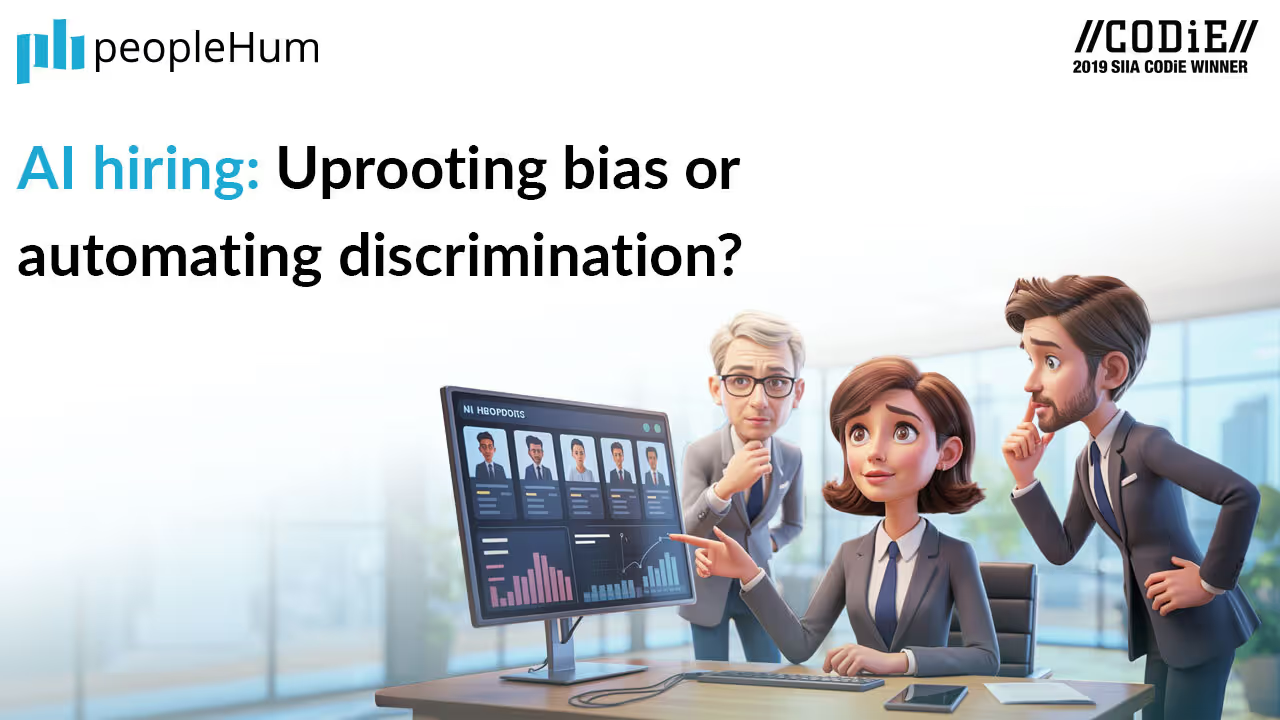Hiring is costly.
Hiring the wrong employee is even more pricey, and the more pivotal the position is, the more expensive it can be. A bad hire costs your organization in three ways: finances, time, and intangible factors. Hiring and onboarding a new employee costs more than $4,000.
The process may take 2-3 months, and the effect of a bad hire can influence overall morale.
Recently, I had the chance to sit down with Yves Lermusi, CEO of Checkster, a company that helps businesses gain insights into their new hires, and existing company culture. Their mission is to make hiring more effective by catching bad hires before companies invest time and money pursuing the wrong candidates. Here is some of what we discussed:
What inspired you to start Checkster?
What triggered us to provide this solution is really the fact that when you look at how people make decisions when they buy goods. Most people read reviews; you probably do that as well. We looked at that and thought we could apply the process to talent acquisition.
How do people decisions i.e. background checks benefit both hiring companies and candidates?
There are varying definitions of a “background check.” Often, we limit background checks to just a criminal check, but background checks can also include employment verification, drug check, and reference checks. I believe everyone deserves a safe, passionate, and productive work environment. Background checks can uncover criminal behavior; we intend our process to discover bad habits like shirking responsibility or sowing discord, so we find out this type of information from a new digital reference checking approach.

What makes the Checkster process different?
We use what we call “collective intelligence.” The use of collective Intelligence lets us combine insights from many individuals to get a complete picture.
Does this also help to eliminate bias in the hiring process?
The problem with biases is that we all have them, and they are often unconscious, so they affect how we think and feel. So, we cannot eliminate the bias of one single person, but we can cancel out each other biases by interviewing multiple people with different unconscious preferences. With Checkster, we get as many colleagues as possible to eliminate bias as much as possible.
What are the pros and cons of using social media to vet candidates?
One plus of using social media is that it gives you a chance to at least get a sense of someone’s personality. Some research has shown its reliability. However, I recommend that you always confirm any information discovered in social media. Make sure that whatever you find out about the candidate is verifiable. Why is this important? This verification ensures you are not attributing your discovery to the wrong person, or that the information you discovered was accurate and posted by the candidate and not by someone else.
What advice can you offer to help companies conduct better exit interviews?
Exit interviews are another useful tool. Exit interviews can be a great source of knowledge for HR and managers, but even more so for recruiting. The best advice to keep in mind is to be clear on how you will use your data; too often, people are performing surveys or interviews, not tracking responses consistently, and as a result, do very little with the results. If it is a regrettable departure, allow several people to give feedback, not just the departing employee.
Thank you so much for sharing your insights. It’s been a pleasure to speak with you.
Thank you very much.
About the author
Cynthia Trivella is the Managing Partner at TalentCulture . She has over 20 years' experience within the field of HR Communications, Talent Sourcing Strategies and Employment Branding using industry's best practices for attracting and retaining A-Level Talent candidates. She seeks to leverage her technical and marketing expertise to successfully develop and implement short- and long-term employee communication plans and processes that increase engagement and employee performance, all tied into the employer/employment brand within organizations of all sizes.



































.png)














